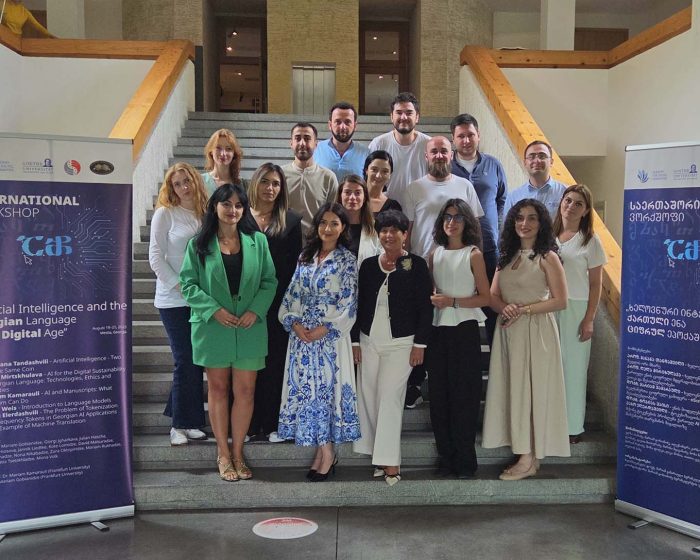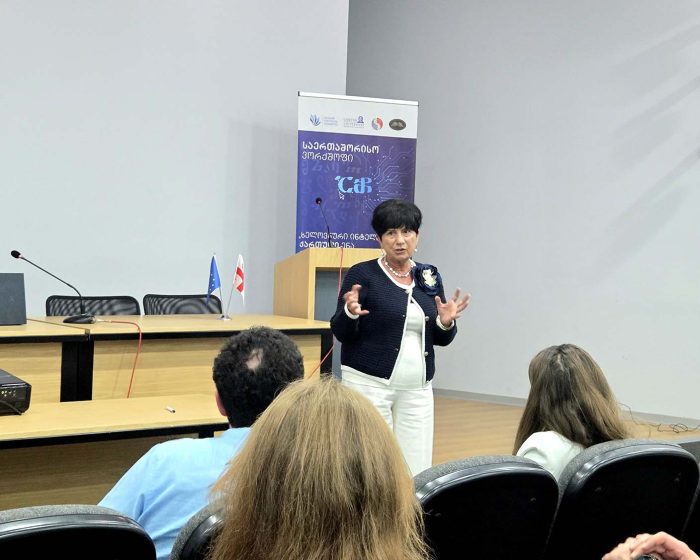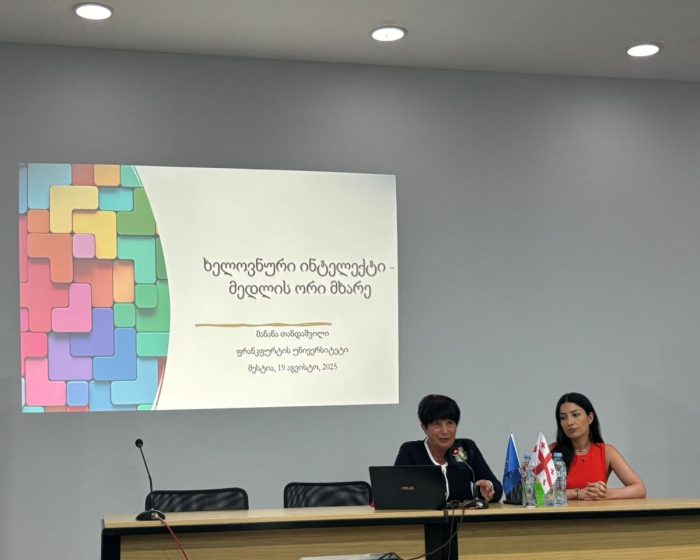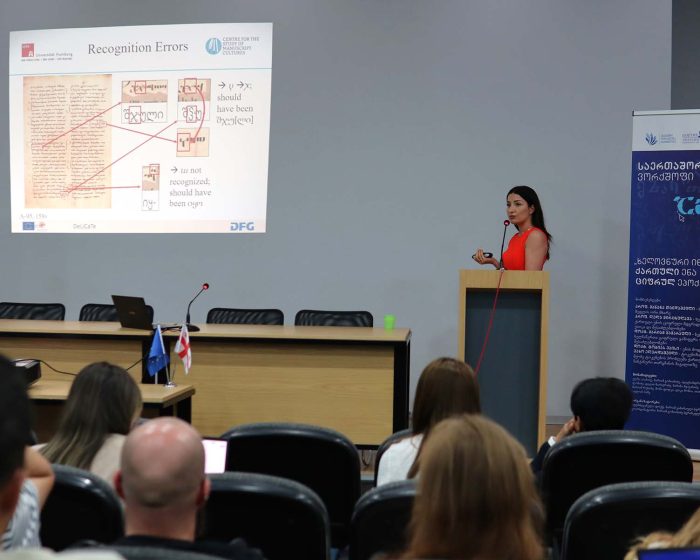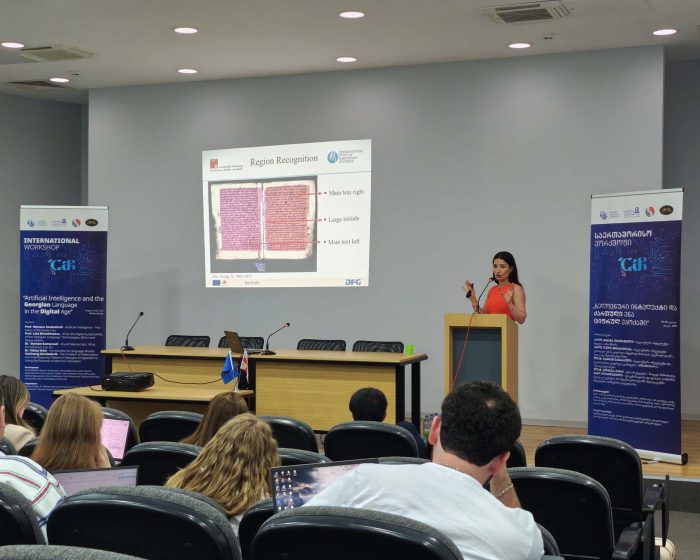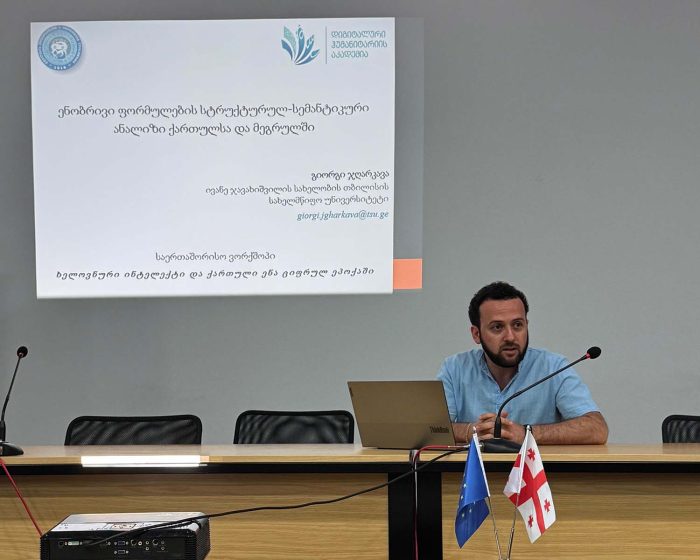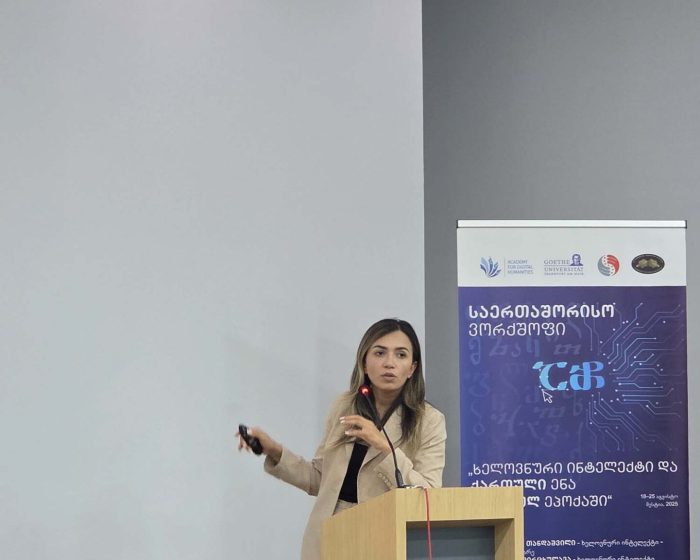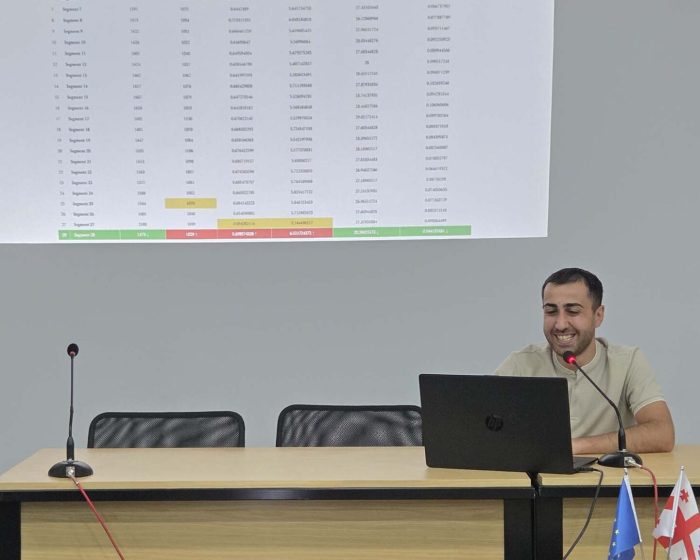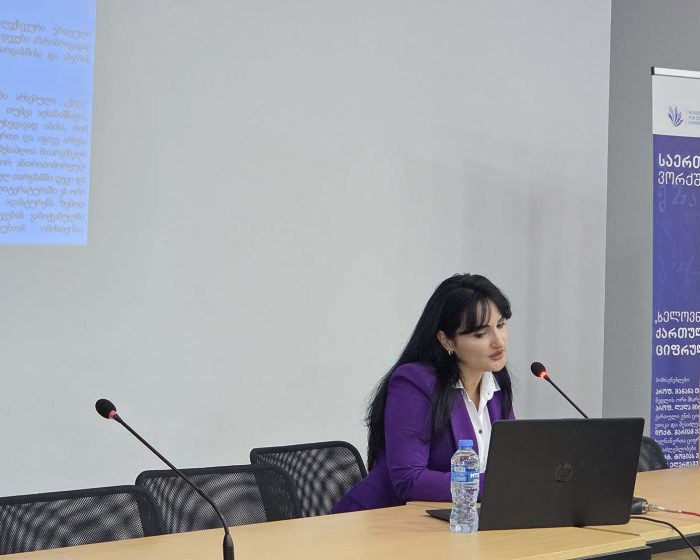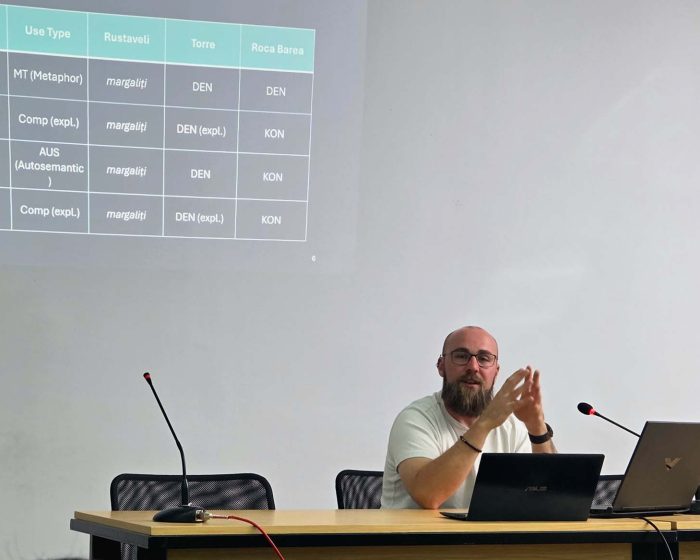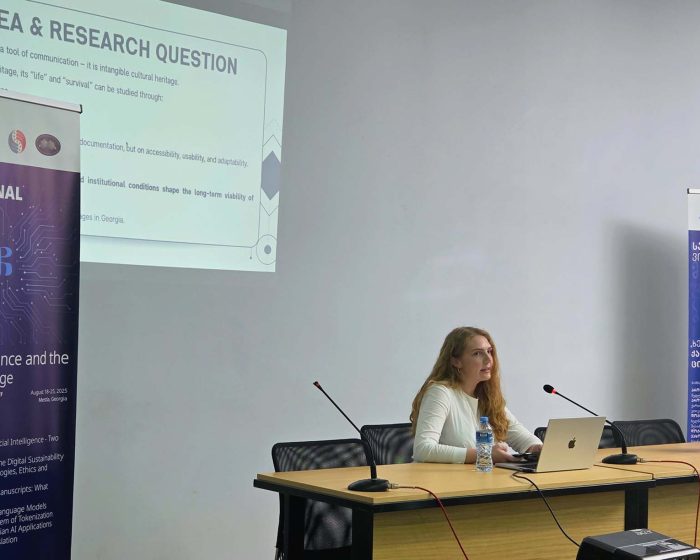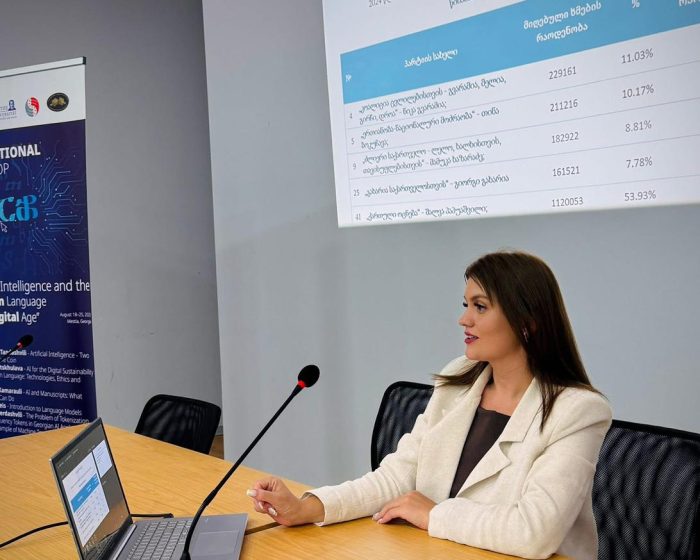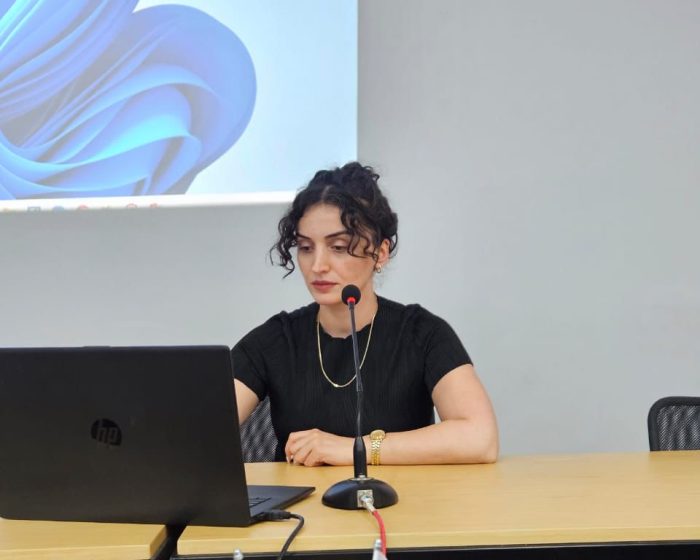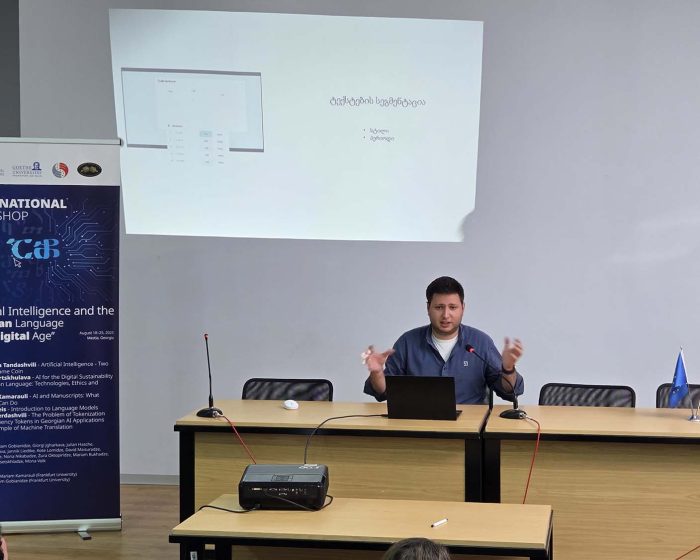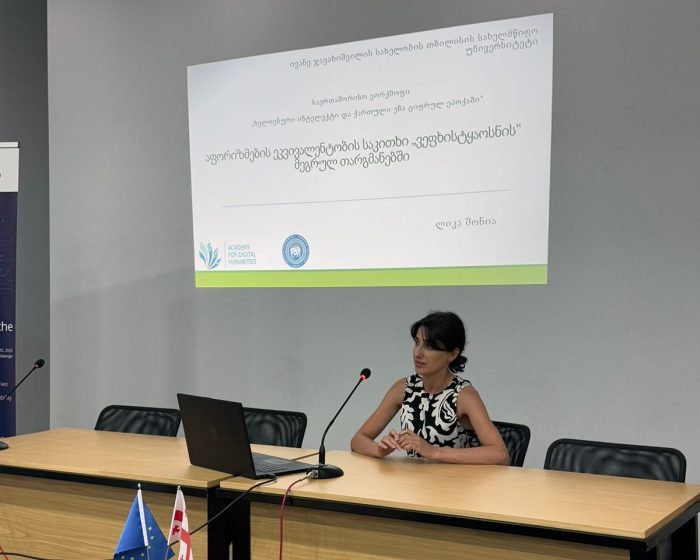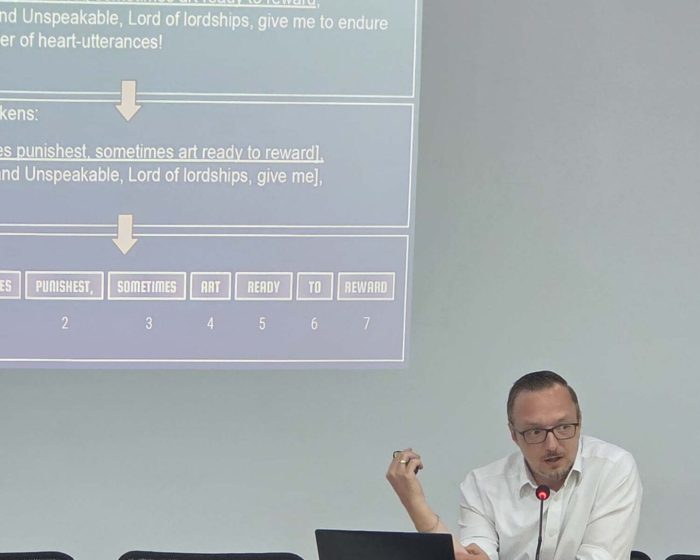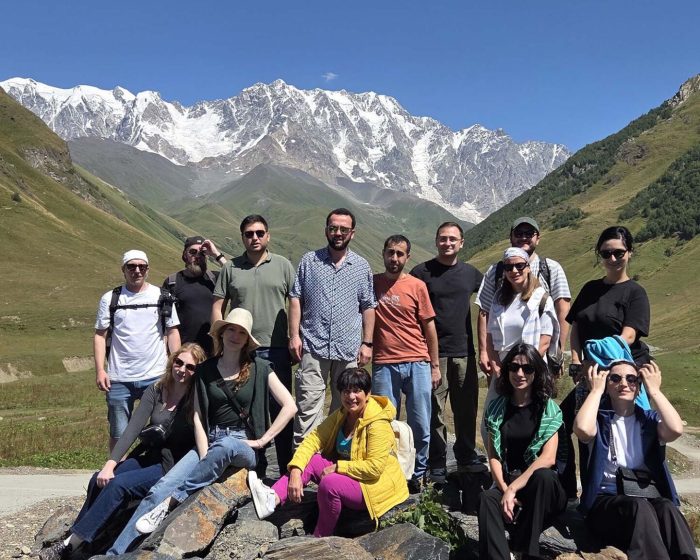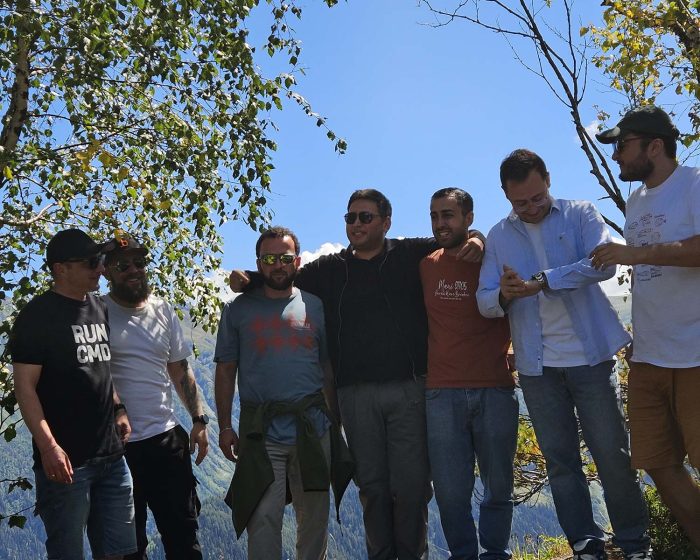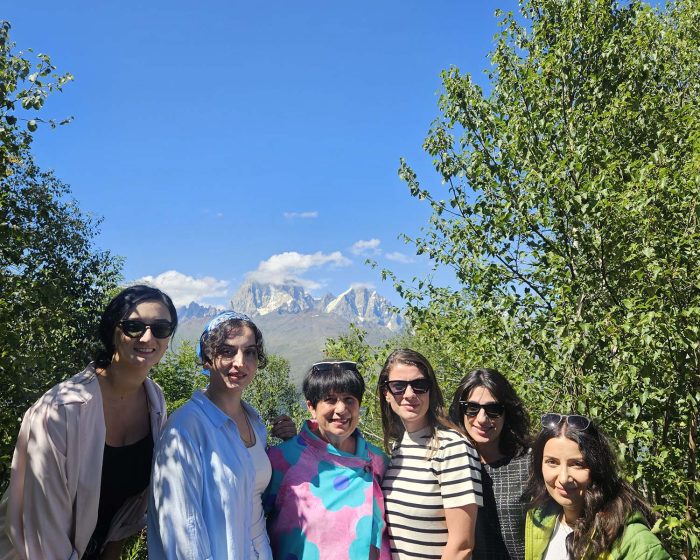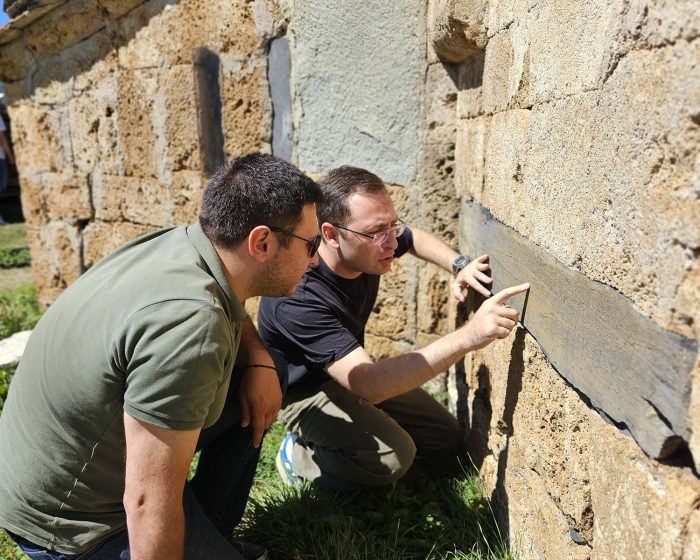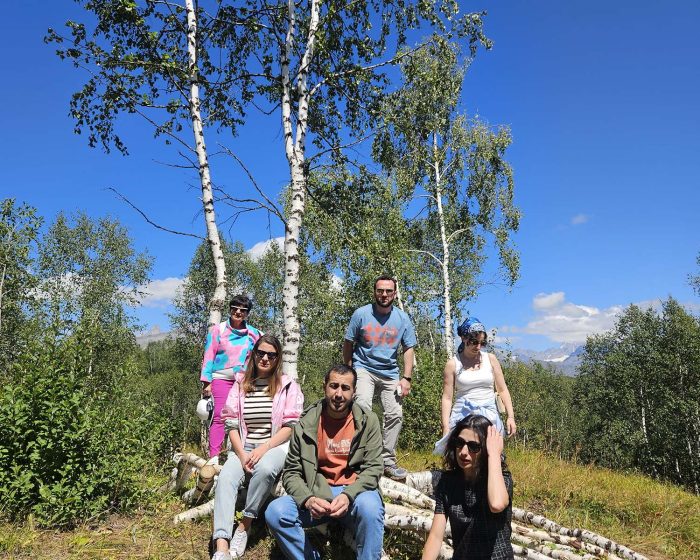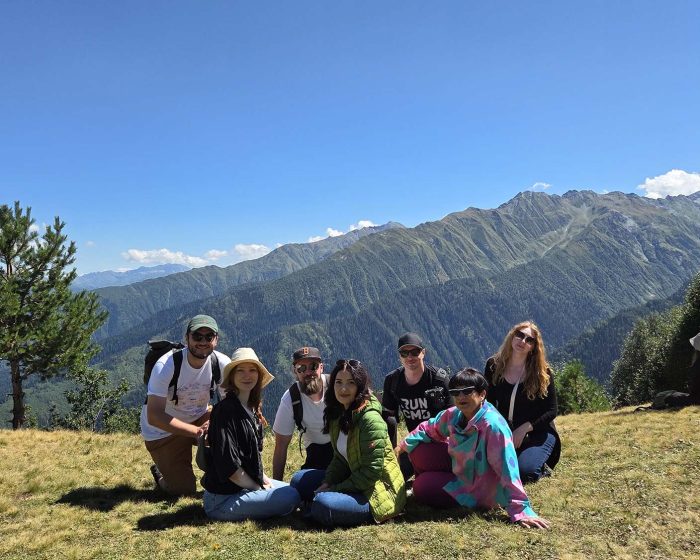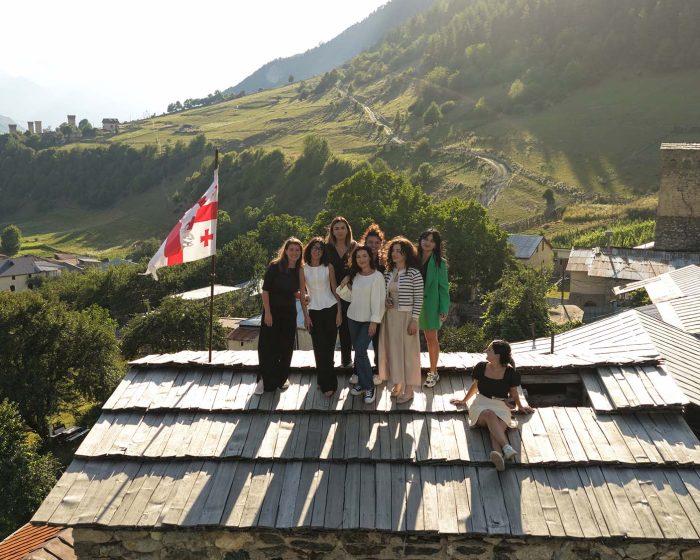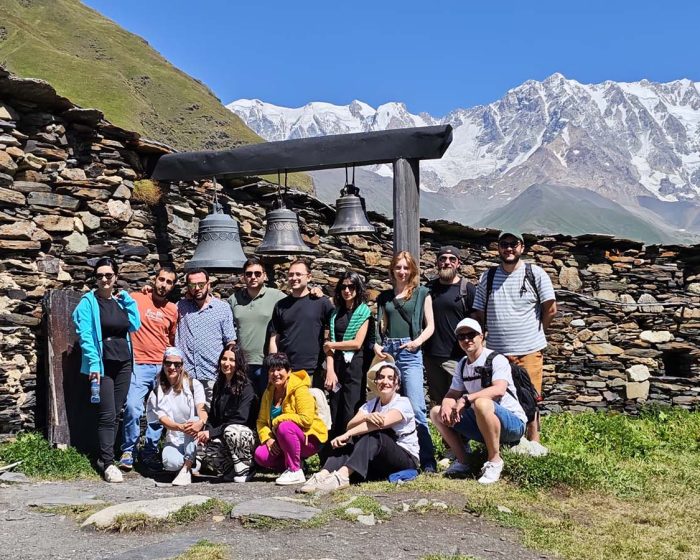International Workshop
“Artificial Intelligence and the Georgian Language in the Digital Age”
International Workshop
“Artificial Intelligence and the Georgian Language in the Digital Age”
The 21st century has brought significant changes to various fields of science, largely due to the rapid development of information technologies. The philosophy of science has evolved, introducing new challenges for languages. While the traditional classification paradigm included genetic, typological, and relational classifications, a new paradigm has emerged. This new paradigm categorizes languages according to different parameters: 1) the legal status of the language, 2) the viability of the language and its areas of use, and 3) the degree of operation of languages in the digital age. According to this new classification, languages are now categorized into high-resource languages (HRL) and low-resource languages (LRL). Consequently, the traditional Language Atlas, which reflects the genealogical classification or distribution area of languages, has been replaced by a new Language Atlas that shows the percentage of digital resources available for natural language processing (NLP) in relation to the number of languages spoken worldwide.
What challenges does the Georgian language face in the digital age? How can artificial intelligence be used effectively to technologies the Georgian language? To answer these and other questions, the University Frankfurt together with Partner Institution University of Georgia and Academy for digital humanities – Georgia is holding an international workshop ‘Artificial Intelligence and the Georgian Language in the Digital Era’ from 18 to 25 August 2025. The workshop is intended for master’s students, doctoral candidates, and postdoctoral researchers.
Organizers:
Lieder: Dr. Mariam Kamarauli (Frankfurt University)
Coordinator: Mariam Gobianidze (Frankfurt University)
Details:
- Workshop announcement time: 14th April 2025
- Deadline for submission of applications: 10th Mai 2025
- Confirmation of participation: 15th Mai 2025
- Number of participants in the workshop: 20
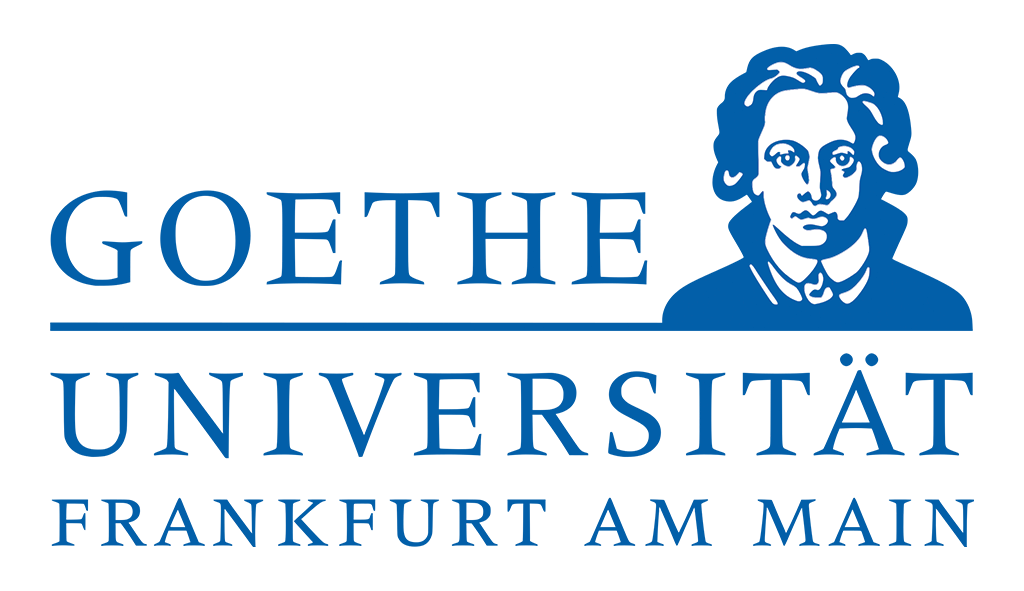


Program
Theoretical block and workshops:
19 August
- Manana Tandashvili - Artificial Intelligence - Two Sides of the Same Coin
- Lela Mirtskhulava - AI for the Digital Sustainability of the Georgian Language: Technologies, Ethics and Opportunities
- Vakhtang Elerdashvili - The problem of tokenization and low-frequency tokens in Georgian AI applications using the example of machine translation
- Mariam Kamarauli - AI and Manuscripts: What eScriptorium can do
- Tobias Weis - Introduction to Language Models
20 August
- Giorgi Jgharkava - Structural-semantic Analysis of Linguistic Formulas in Georgian and Megrelian
- Aleksandra Kirnosova - Digital Tools, Ethics, and Participation in Endangered Language Documentation: Insights from a Master’s Thesis Project
- Zura Oktopiridze - Modeling Prosodic Structures and Voice Synthesis Using Artificial Intelligence
- Mariam Rukhadze - Grammaticalized Functional Elements, Their Semantic Features and Analysis from a Corpus Linguistic Perspective
- Elza Asanidze - Research into the Morphological Typology of the Georgian Language Using Artificial Intelligence
21 August
- Kote Lomidze - Textological Problems of “The Knight in the Panther's Skin" and New Ways to Solve Them in the Digital Age
- Nona Nikabadze - The Concept of Devi in "The Knight in the Panther's Skin" and Its Equivalents in the Turkish Translation of the Epic (A Comparative-contrastive Analysis)
- Mariam Gobianidze - The Issue of Equivalence of Aphorisms in English Translations of "The Knight in the Panther's Skin"
- Jannik Liedtke - Equivalents of margaliti in the Spanish Translations of "The Knight in the Panther's Skin" (A Comparative-contrastive Analysis)
- Lika Shonia - The Issue of Equivalence of Aphorisms in the Megrelian Translations of "The Knight in the Panther's Skin"
22 August
- David Maisuradze - Law of the King David the Builder: For the Origin of the First Georgian Codification of Law
- Marina Mjavanadze - Rhetorical Questions in Georgian Political Discourse
- Tatia Tsetskhladze - The Image of the Enemy in Georgian Political Discourse
- Julian Hasche - The Inaugural Speeches of Georgian Presidents: a Comparative Perspective

